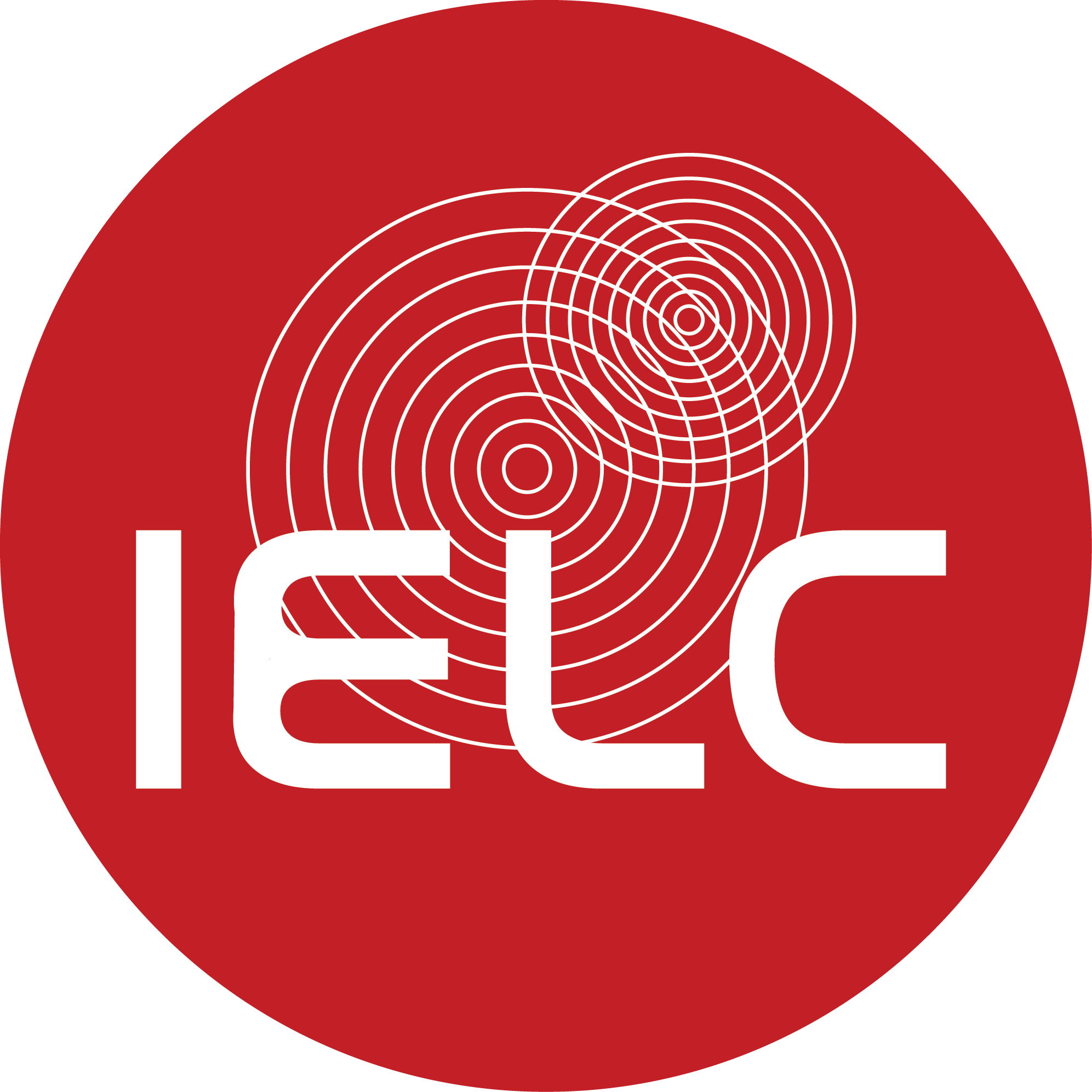Description
The occupational well-being of school principals is crucial to the effective operation of schools. When the occupational well-being of principals declines it significantly affects school functioning, and whole-school well-being also declines (Dicke et al., 2018). In some jurisdictions, a decline in the occupational well-being of principals has led to high attrition rates and a shortage of qualified principals. Indeed, understanding the occupational well- being of principals has become a priority for researchers around the world but has largely been neglected (Maxwell & Riley, 2017) in Hong Kong and Mainland China. Addressing this gap in knowledge is critical given the current social and political instability in Hong Kong. In this turbulent environment, principals need to take special care not only of the well-being of their students and staff but also of their own well-being to maintain the development and effective and sustainable functioning of their schools. Thus, the high risk to principals posed by the current Hong Kong context makes research into understanding and identifying concrete ways to support the well-being of principals both timely and urgent.
Prior research has indicated the importance of considering the impact of context on specific risk factors and the level of well-being (Kristensen, 2010; Riley et al., 2018). Therefore, there is a need to validate the two instruments in Chinese contexts, hereby, Hong Kong and mainland China. These surveys are widely used for the general population but in this case they will be first validated and used to understand the well-being of principals and its associated psychosocial risk factors (Riley, 2018). However, there is no efforts on Chinese educational communities including Hong Kong and Mainland China.
The key objective of this project is to translate two robust instruments for evaluating principals’ well-being and influential psychosocial risk factors, namely, the Assessment of Quality of Life (AQoL-8D, 35 items) by Richardson et al. (2014) and the Copenhagen Psychosocial Questionnaire (COPSOQ-II, 120 items) by Pejtersen, et al. (2010) in Hong Kong and Mainland China contexts. This study is instrumentally significant because it will translate two internationally established instruments (the COPSOQ-II and the AQoL-8D) into Chinese in Hong Kong (traditional) and Mainland China (simplified) contexts.
This project will be the first project out of sequential projects on principal well-being which aim at adapting, validating and extending existing psychometrically sound measures and test their psychometric properties to create an innovative suite of robust measures to assess the psychosocial drivers of successful principals to enrich and drive international research in this critical field. It will also open up the potential for wider adoption in other Chinese educational communities. These efforts will contribute to the development of quantitative efforts with regard to the well-being of principals. .



